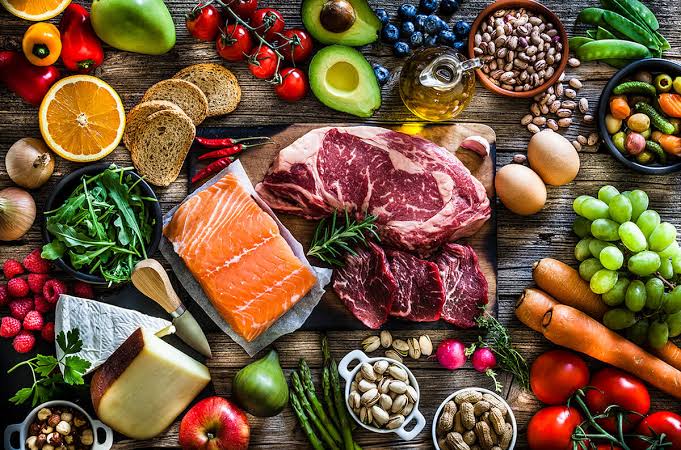New Delhi, July 7, 2025 — Contrary to popular belief, eating for heart health doesn’t mean living on bland oats or endless salads. Traditional Indian cuisine, when chosen wisely, can be both delicious and heart-friendly a crucial fact for Indians, who face heart disease 10–15 years earlier than Western populations.
Heart disease statistics in India are alarming: one in four heart attack patients is under 40. Experts attribute this to increased consumption of sugar, fried foods, and processed carbohydrates, alongside reduced intake of fibre, protein, omega-3s, and vitamin B12.
The Five-Step Desi Heart Fix
A simple strategy for a healthier heart includes:
Cutting down refined carbs, sugars, and outside food
Adding fibre-rich, protein-rich, and gut-friendly foods to meals
Choosing healthy fats instead of zero-fat diets
Incorporating desi herbs, nuts, seeds, and seasonal fruits
Addressing nutrient gaps like vitamin B12 and omega-3
Grains That Protect Your Heart
Replacing refined grains with whole options like whole wheat, bajra, jowar, brown rice, oats, and quinoa can dramatically improve heart health. Whole grains help reduce blood pressure, lower LDL (bad) cholesterol, and stabilize blood sugar, supported by studies in BMJ and Indian nutrition guidelines.
Nuts and Seeds: Daily Heart Insurance
Eating five to seven nuts daily—such as almonds, walnuts, and peanuts—plus one to two tablespoons of seeds like flaxseed, chia, pumpkin, or sunflower, can lower bad cholesterol, reduce inflammation, and improve good cholesterol. Flax and chia seeds also provide essential plant-based omega-3 fatty acids.
Smart Fats Over Zero Fat
Going completely fat-free isn’t the solution. Instead, rotating healthy oils like mustard, extra virgin olive, avocado, and groundnut oil can protect heart health. Ghee and coconut oil are acceptable in moderation. Reheated oils, vanaspati, palm oil, and refined sunflower or soybean oils should be avoided as they increase inflammation and cardiovascular risk.
Desi Heart Boosters to Add
Incorporating small daily amounts of raw garlic can lower cholesterol by up to 15%, while amla helps boost good cholesterol and lower bad cholesterol. Turmeric with black pepper, curry leaves, ginger, and methi seeds are potent anti-inflammatory and heart-protective additions to meals.
What to Eat and What to Limit
A balanced plate should include half a plate of vegetables, one to two fruits daily, and gut-friendly foods like curd, buttermilk, or chaas. Foods like refined flour, sugar, bakery items, soft drinks, pickles, fried papad, and packaged snacks should be reserved for occasional treats.
Filling Nutrient Gaps
Even healthy diets may lack essential nutrients. Vitamin B12, crucial for heart health, is mainly found in animal products, making dairy or supplements essential for vegetarians. For omega-3s, plant sources like chia seeds, flaxseeds, walnuts, and mustard oil are valuable, with supplements necessary for some individuals, particularly those with high inflammation or triglycerides.
Don’t Forget Vitamin D and Iron
Sun exposure for 10–20 minutes daily, along with fortified foods, egg yolks, mushrooms, and fatty fish, can help maintain vitamin D levels. Iron can be sourced from spinach, rajma, jaggery, dates, chicken liver, and red meat, best absorbed when paired with vitamin C-rich foods like amla or lemon.
Experts stress that healthy eating doesn’t have to be tasteless. By making smart choices rooted in Indian cuisine, people can protect their hearts while enjoying flavorful meals.
Note: This article is for informational purposes and not a substitute for professional medical advice. Please consult a doctor for guidance on individual health conditions.
Healthy Indian Eating Can Save Your Heart—Without Sacrificing Taste

